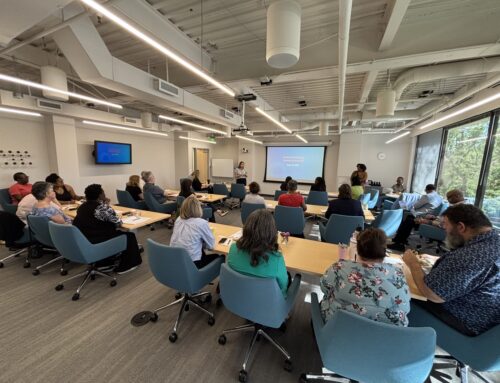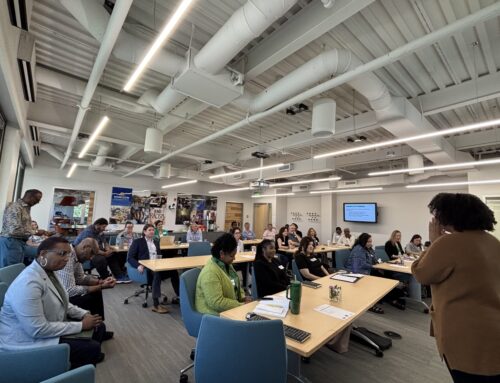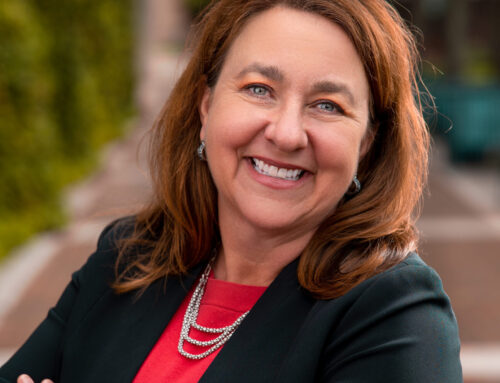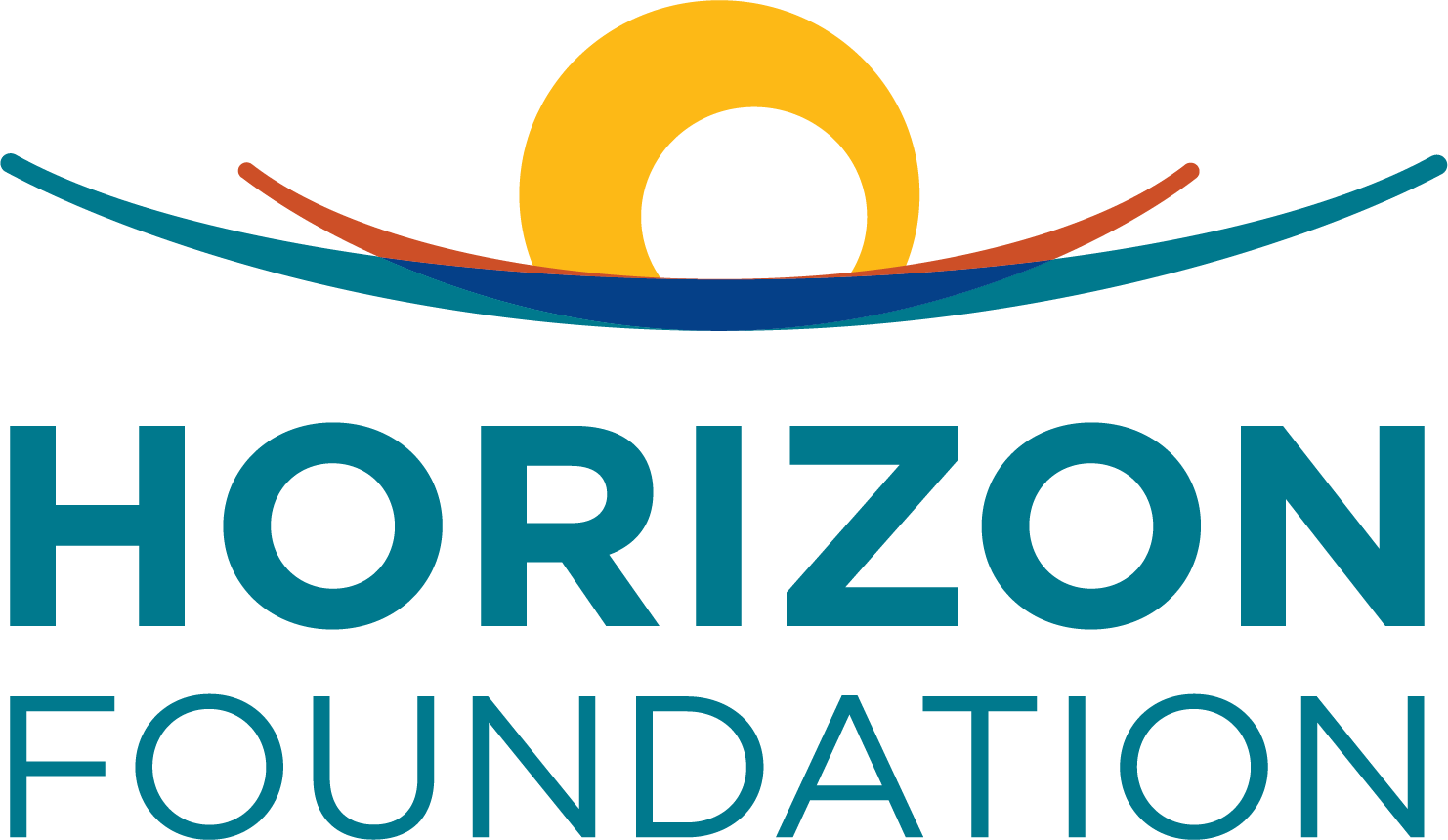The Greater Baltimore Regional Integrated Crisis System (GBRICS) Partnership will invest $45 million over five years in behavioral health crisis response infrastructure and services
 BALTIMORE –The Greater Baltimore Regional Integrated Crisis System (GBRICS) Partnership is pleased to announce a funding award of $45 million over five years to support behavioral health crisis response infrastructure and services in Baltimore City, Baltimore County, Carroll County, and Howard County. Funding for the GBRICS Partnership has been made available through the Health Services Cost Review Commission (HSCRC) Regional Partnership Catalyst Grant Program.
BALTIMORE –The Greater Baltimore Regional Integrated Crisis System (GBRICS) Partnership is pleased to announce a funding award of $45 million over five years to support behavioral health crisis response infrastructure and services in Baltimore City, Baltimore County, Carroll County, and Howard County. Funding for the GBRICS Partnership has been made available through the Health Services Cost Review Commission (HSCRC) Regional Partnership Catalyst Grant Program.
GBRICS was developed with the collaboration of 17 hospitals, four local behavioral health authorities, and behavioral health experts and leaders across these jurisdictions. The goal of the initiative is to expand community-based services that meet the need of a person or family in crisis, rather than calling 911, visiting an emergency room, or interacting with police.
“Behavioral Health System Baltimore is proud to be part of this unprecedented, regional collaboration with such committed partners,” said Crista M. Taylor, president and CEO of Behavioral Health System Baltimore. “The goal of the GBRICS Partnership is to reduce unnecessary ED use and police interactions for people experiencing behavioral health crises. To achieve this, we must have robust behavioral health services available around the clock in the communities where people live to ensure that people get the care they need at the exact time they need it.”
People living in these four jurisdictions account for approximately 1.9 million residents and more than 58,000 emergency department (ED) visits every year for mental illness and/or substance use disorder. An effective emergency response system includes comprehensive behavioral health crisis response services. Without this core component of emergency medical care, people are forced to call the police and use emergency medical services and hospitals when experiencing a behavioral health crisis. Many people in Baltimore City, Baltimore, Howard, and Carroll Counties could be better served in the community through an interconnected system of readily available outpatient treatment and crisis response services.
“Our 23-year old son has been hospitalized for his mental illness more than 20 times during his lifetime,” said Gail Claus, Howard County resident and NAMI Howard County volunteer. “Frequently he had to be placed in a hospital unit that was not equipped to offer the type of therapeutic behavioral health care that our son needed at the time. Having access to crisis services in the community that’s available 24 hours, 7 days a week will be a valuable asset for families like ours.”
The GBRICS Partnership builds upon the strengths of the current behavioral health crisis system and aligns with the Crisis Now model, a nationally recognized framework for comprehensive behavioral health crisis care. Over the course of the five years, GBRICS will:
- Create a 24/7 regional hotline that is supported with technology for real-time capacity and care coordination across the system of care.
- Promote the regional hotline as an alternative to calling 911 or using EDs for crisis care.
- Ensure 24 hours a day, 7 days a week access to mobile crisis teams (MCT), a team of mental health professionals that provide crisis response services to people in their home or other community-based settings.
- Support outpatient providers to offer walk-in/virtual behavioral health services to address immediate needs.
- Establish a GBRICS Council to support accountability and sustainability of the initiative.
GBRICS will create one hotline number for the four-jurisdiction region—this will be a number that people can call for help, rather than calling 911 or going to the ED. Hotline operators will be able to provide assessments, de-escalation, and help with scheduling appointments in real-time using technology that shows treatment bed availability and open appointments across the system of care. The regional hotline will also have the ability to deploy MCT, to respond to people experiencing crises in the community and help them safely stabilize and get connected to ongoing care.
Many crisis situations can be managed within existing outpatient clinical settings, if people have the means to immediately access services in these settings. GBRICS will support outpatient behavioral health providers to offer walk-in or virtual appointments for people who need immediate assessment, de-escalation, or treatment services.
“The Health Services Cost Review Commission is pleased that we can leverage Maryland’s unique hospital finance system to fund critical health care interventions and infrastructure investments,” said Adam Kane, Chair, Health Services Cost Review Commission. “We believe it is important to foster collaboration between hospitals and their community partners to achieve State-identified population health goals for behavioral health crisis and diabetes prevention and management programs. The grant that has been awarded to GBRICS creates a tremendous opportunity to improve access to behavioral health crisis, stabilization, and treatment referral services for Marylanders.”
The initiative will start January 1, 2021, with a heavy focus on planning and infrastructure development for the first two years, implementation beginning in year three, and measuring impact for years four and five. The GBRICS Council will be established in the first year to support overall implementation and sustainability of the project.
###
Quotes from GBRICS Partners
“It’s our responsibility as health care leaders to use evidence-based best practices to design systems that address needs beyond those that are immediate. This is about changing and improving how our society engages with people and families experiencing a behavioral health crisis. These individuals deserve compassionate care provided by experts who understand their needs. This new effort will allow us to manage the crisis situation while getting people the help they need to address what got them to that point in the first place. This is how you protect the health and dignity of the patient while supporting families and keeping our communities safe.” Kevin Sowers, M.S.N., R.N., F.A.A.N., President of the Johns Hopkins Health System and Executive Vice President of Johns Hopkins Medicine
“We are proud to be a part of this exciting and innovative new collaboration that will fundamentally change the way individuals in Central Maryland who are experiencing a behavioral health crisis receive care. The GBRICS Partnership will eliminate barriers and provide services to meet individuals where they are, at the time they are in need of help.” Mohan Suntha, MD, MBA, President and Chief Executive Officer, University of Maryland Medical System
“Often when someone is experiencing a behavioral health crisis, they end up in the ED, but that isn’t necessarily the best place for them. With GBRICS, we are coming together to reimagine the crisis response system so we can take care of our communities in a better way. We want to support people who are experiencing a behavioral health crisis with streamlined access to quality services – avoiding unnecessary trips to the ED and connecting to the appropriate services in a timely manner. This effort represents an unprecedented partnership between 17 hospitals and numerous other stakeholders across four counties, to improve care for some of our most vulnerable populations.” Meena Seshamani, MD, PhD, Vice President, Clinical Care Transformation, MedStar Health
“At LifeBridge Health, we believe that the health of our communities is only as strong as the wellbeing of our citizens. We are so proud to work with our GBRICS partners in this collaborative and coordinated effort, which will bring additional behavioral health resources and services to people all across our region.” Neil Meltzer, President & CEO, LifeBridge Health
“Individuals, families, and communities are all negatively impacted by the lack of accessible care for individuals in behavioral health crises. Ascension Saint Agnes is proud to be a partner in this important work to increase safe, timely, and appropriate models for crisis response.” Ed Lovern, President & CEO, Ascension Saint Agnes
“Greater Baltimore Medical Center is excited that the state is leading this project. Maryland’s present lack of behavioral health crisis resources leaves our citizens no choice other than utilizing the state’s already overcrowded EDs. This grant will help our population receive mental health services in more therapeutic environments and help unburden our state’s safety net.” Dr. Jeffrey Sternlicht, chair of Emergency Services and the head of the Emergency Department at Greater Baltimore Medical Center
“We have a tremendous opportunity to improve behavioral health crisis care for all our residents and to advance health equity in the process. The Horizon Foundation, as the largest independent health foundation in Maryland, is proud to be in partnership with GRBICS and to be working alongside our surrounding counties to improve behavioral health outcomes.” Nikki Highsmith Vernick, President and CEO, The Horizon Foundation
| GBRICS Partnership Hospitals |
| 1. Carroll Hospital (LifeBridge Health System) |
| 2. Grace Medical Center (LifeBridge Health System) |
| 3. Greater Baltimore Medical Center |
| 4. Howard County General Hospital (Johns Hopkins Medicine) |
| 5. Johns Hopkins Bayview Medical Center (Johns Hopkins Medicine) |
| 6. Johns Hopkins Hospital (Johns Hopkins Medicine) |
| 7. MedStar Franklin Square Medical Center (Medstar Health System) |
| 8. MedStar Good Samaritan Hospital (Medstar Health System) |
| 9. MedStar Harbor Hospital (Medstar Health System) |
| 10. MedStar Union Memorial Hospital (Medstar Health System) |
| 11. Mercy Medical Center |
| 12. Northwest Hospital (LifeBridge Health System) |
| 13. Sinai Hospital (LifeBridge Health System) |
| 14. Saint Agnes Hospital (Ascension Health System) |
| 15. University of Maryland Medical Center (UMMS Health System) |
| 16. Univ. of Maryland St. Joseph Medical Center (UMMS Health System) |
| 17. Univ. of Maryland Medical Center Midtown (UMMS Health System) |





